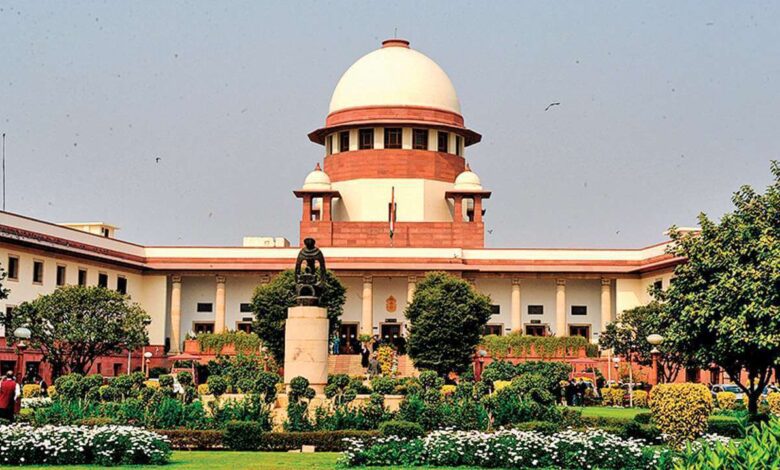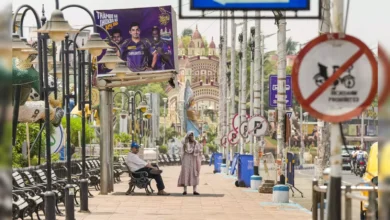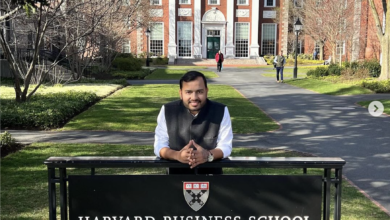Supreme Court upholds cultural exchange amid calls for Pakistan artist ban
The Supreme Court of India has dismissed a plea seeking a ban on Pakistani artists' engagement, emphasizing the value of cultural exchange. The decision reflects a commitment to fostering peace.

The Supreme Court of India, on Tuesday, dismissed a plea seeking a blanket ban on the performance and work of artists from Pakistan within the country. The bench, led by justices SVN Bhatti and Sanjiv Khanna, refused to interfere with the Bombay High Court‘s earlier decision rejecting the plea filed by Faaiz Anwar Qureshi, an artist and cine worker.
In response to the petitioner’s appeal for a complete ban on engaging with Pakistani artists, the Supreme Court urged against narrow-mindedness. The justices advised, “You should not press this appeal. Do not be so narrow-minded.” Furthermore, the court rejected the plea to expunge remarks made against the petitioner by the high court.
Faaiz Anwar Qureshi had sought the court’s direction for the central government to impose a comprehensive ban on companies, Indian citizens, associations, and firms from collaborating or employing Pakistani artists, including musicians, singers, cine workers, technicians, and lyricists.
The Bombay High Court, in its initial ruling, characterized the petitioner’s plea as a “retrograde step” contrary to the principles of promoting peace, unity, and cultural harmony. The court emphasized that being a patriot does not necessitate animosity toward those from abroad, especially neighboring countries.
“A true patriot is a person who is selfless, devoted to the cause of his country, which he cannot be unless he is a person who is good at heart. A person who is good at heart would welcome in his country any activity which promotes peace, harmony, and tranquility within the country and across the border,” the high court stated.
The Bombay High Court’s order highlighted the transcendent nature of music, arts, sports, dance, and culture, asserting that these activities go beyond cultures, nationalities, and nations, fostering unity, harmony, tranquility, and peace within and between countries.
The court pointed out the participation of Pakistan in the Cricket World Cup, attributing it to appreciable positive steps taken by the Indian government in the interest of harmony and overall peace. The court referenced Article 51 of the Constitution of India, which emphasizes the promotion of international security and peace.
The rejection of the plea aligns with the broader sentiment that cultural exchanges, including those involving artists from Pakistan, contribute positively to bilateral relations. The court’s emphasis on the inclusive nature of activities such as music, arts, and sports underscores the importance of transcending political boundaries for the greater cause of peace and harmony.
As the Supreme Court firmly upholds the significance of cultural exchange, the decision holds implications not only for the entertainment industry but also for fostering a climate of understanding and goodwill between India and its neighboring nations. The ruling emphasizes the role of diverse cultural expressions in building bridges and promoting mutual respect, setting a precedent for embracing shared values beyond geopolitical differences
You might also be intersted in – ‘Ready to face death penalty’: Baba Ramdev in response to Supreme Court’s warn over Patanjali



